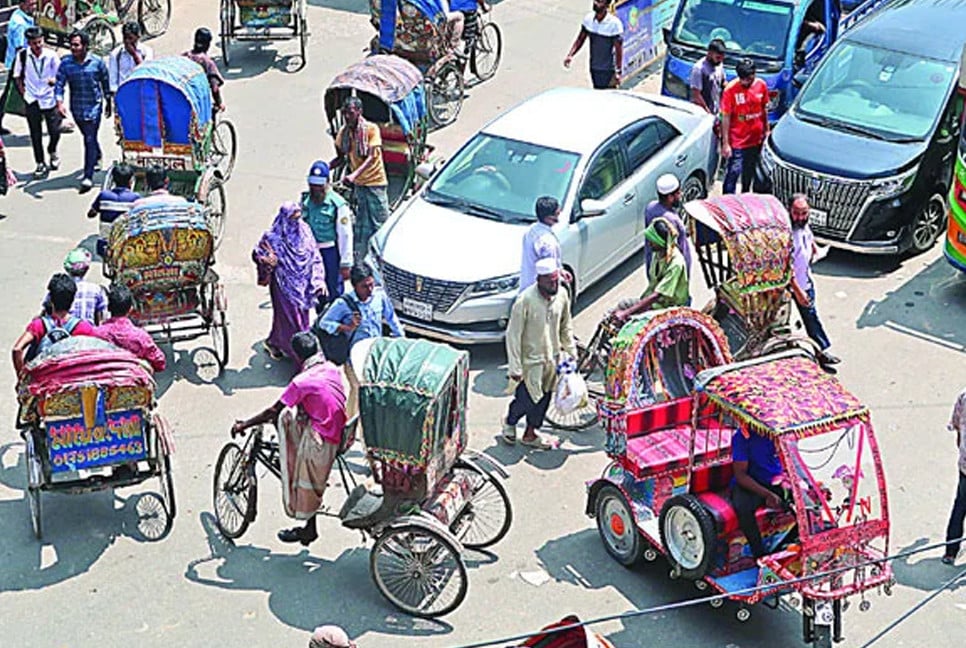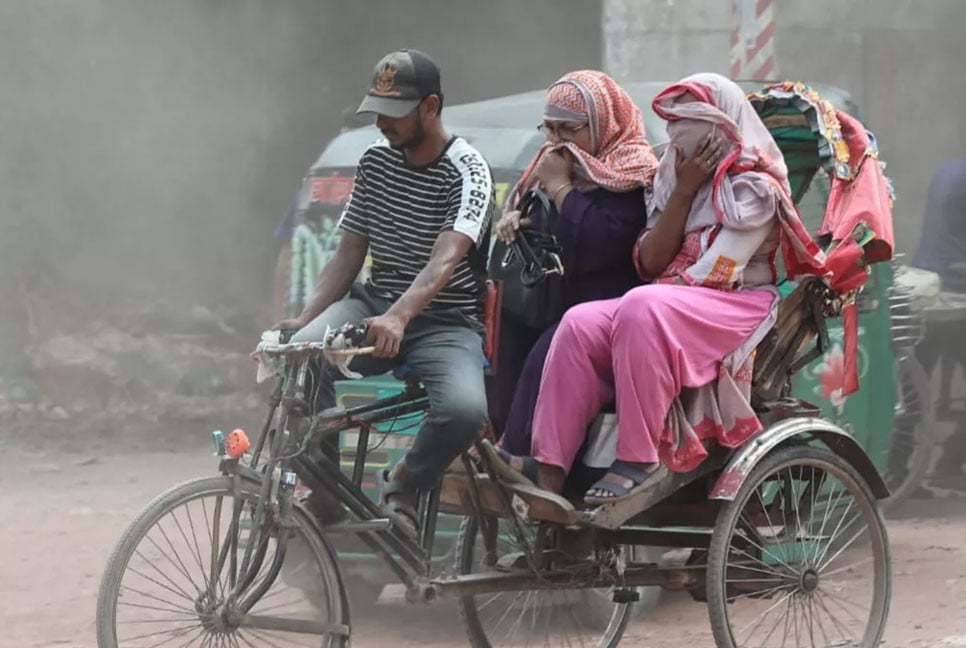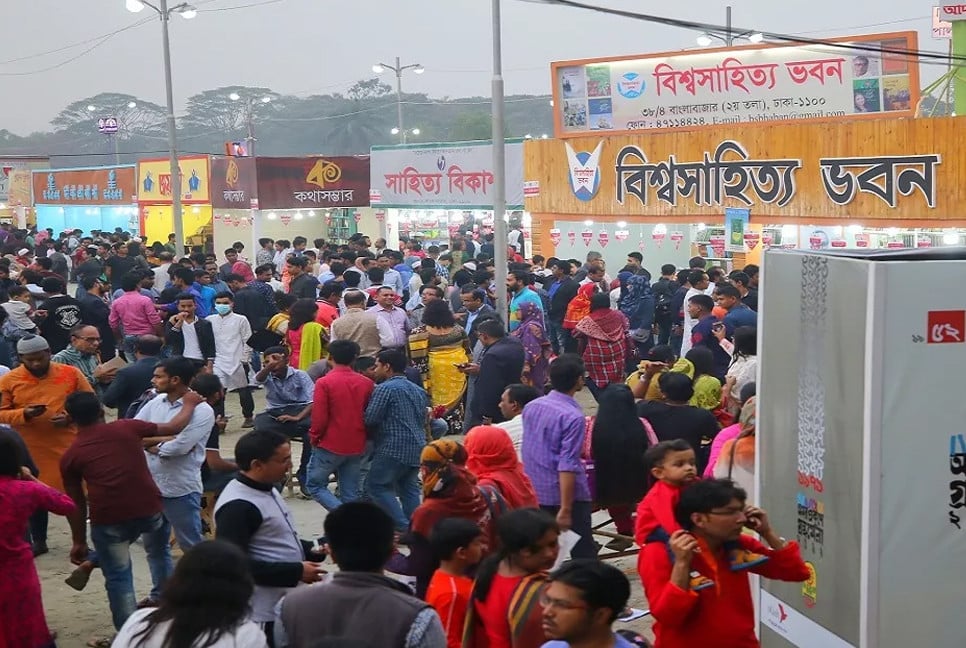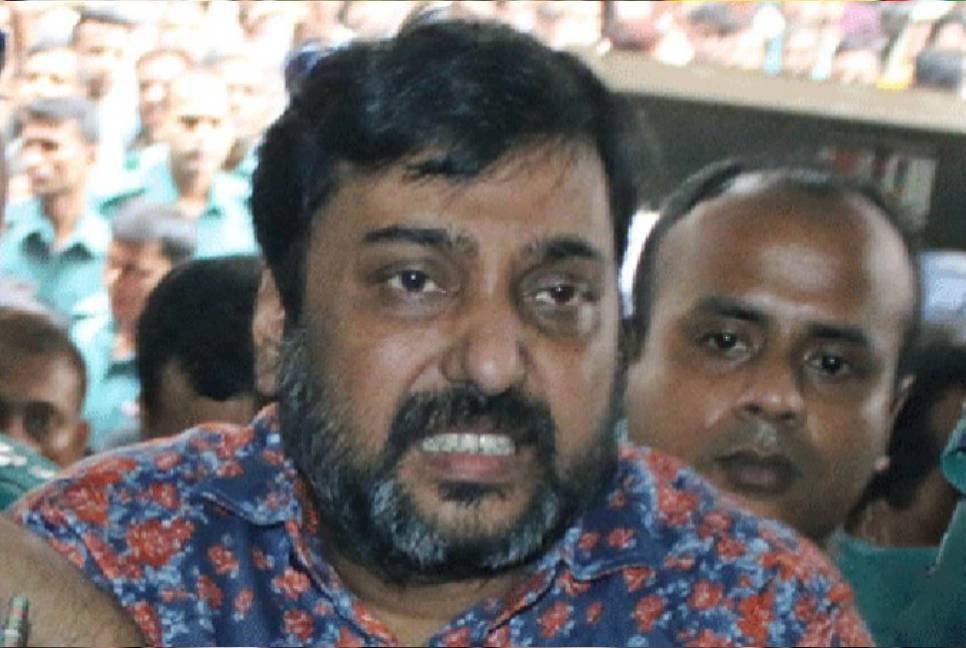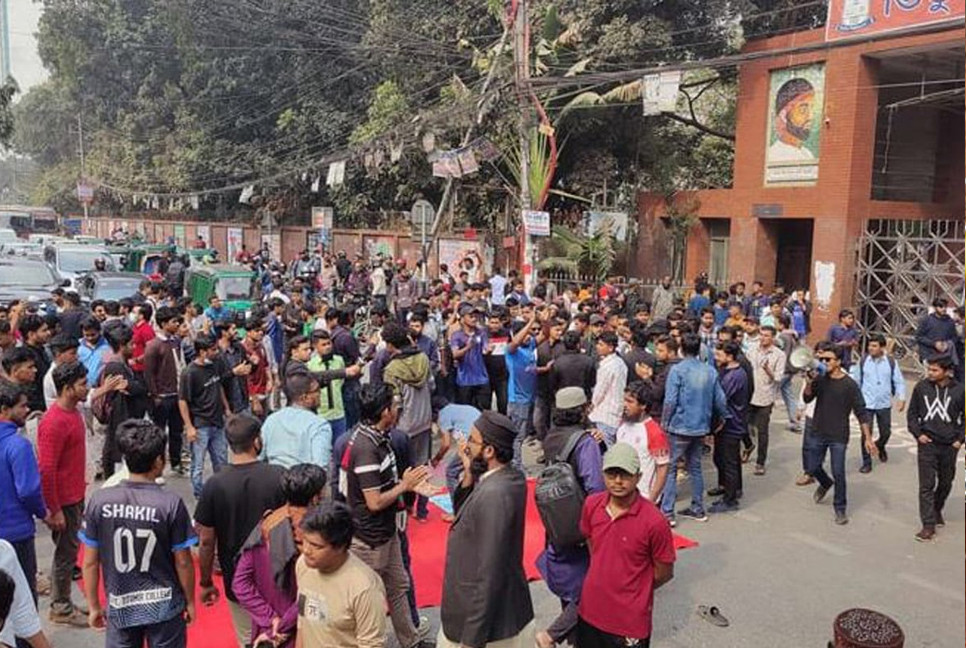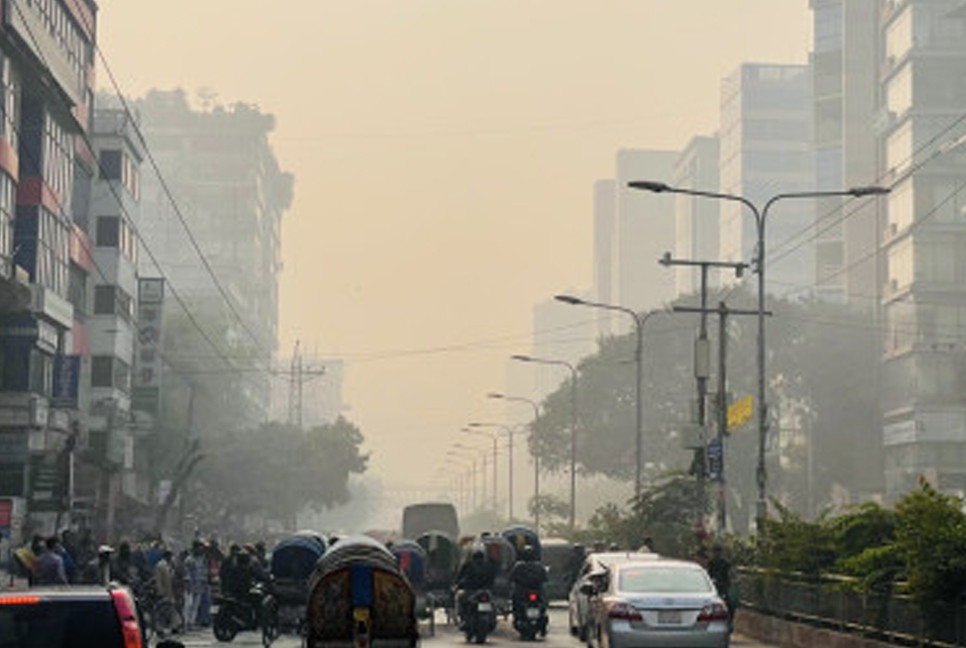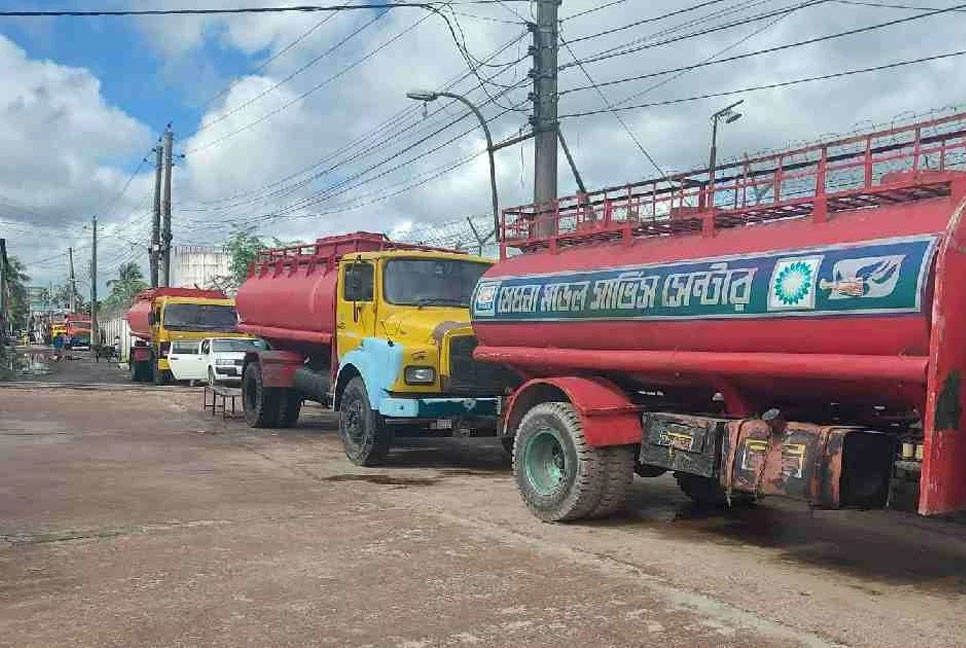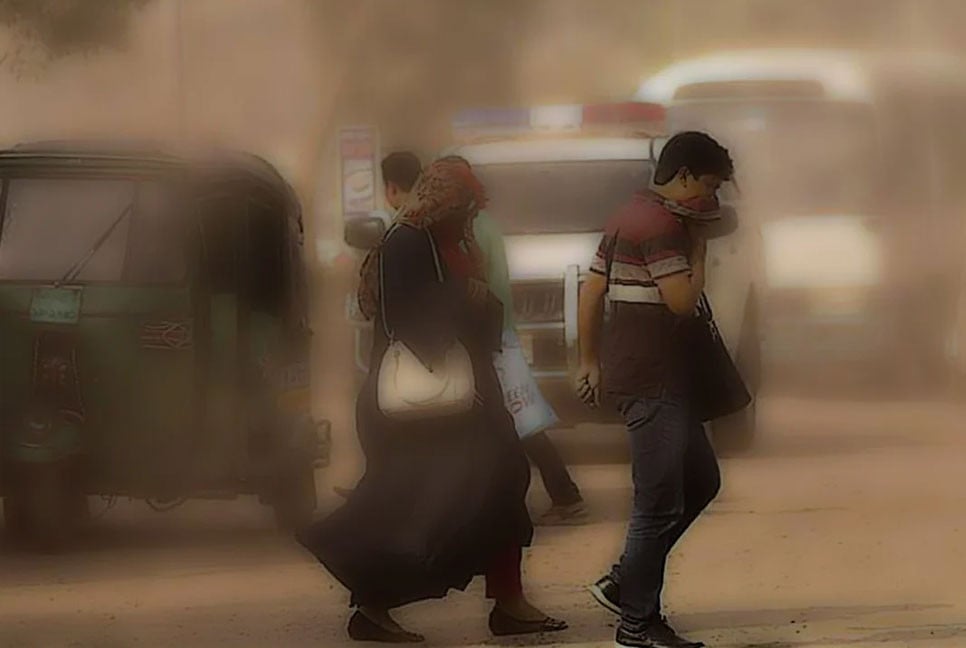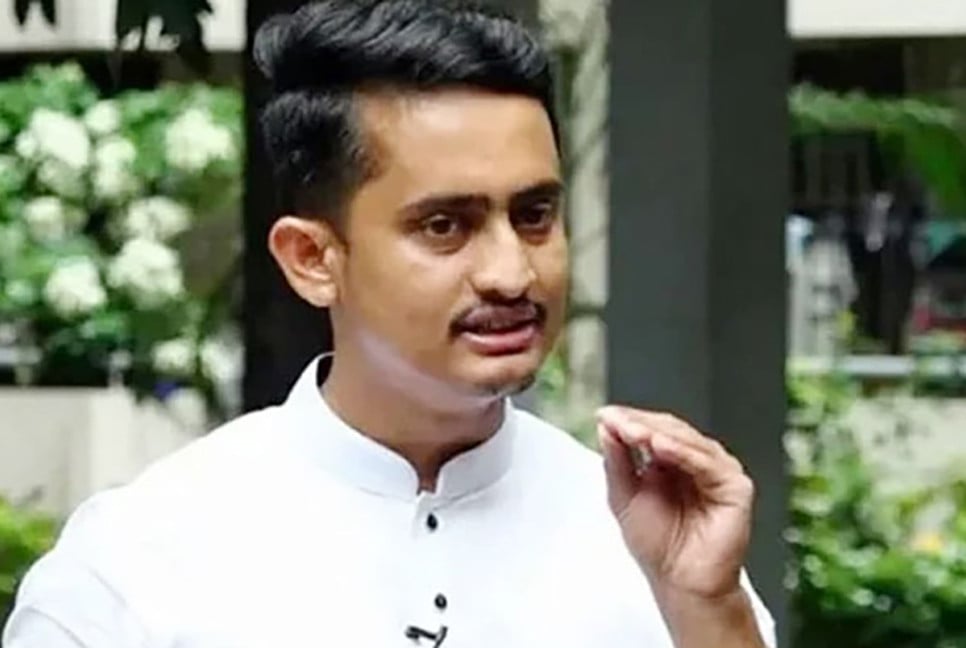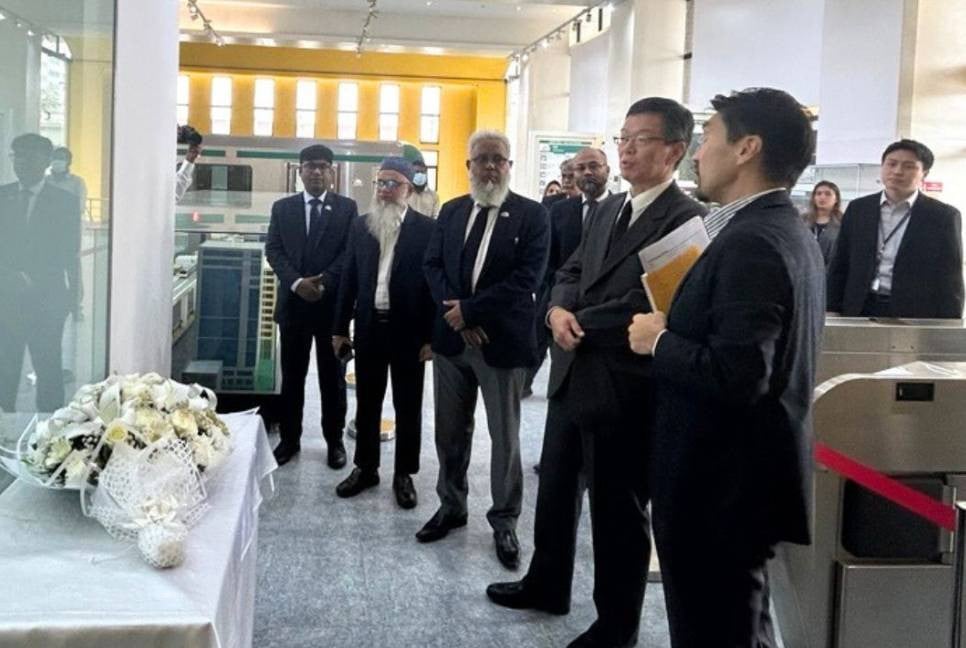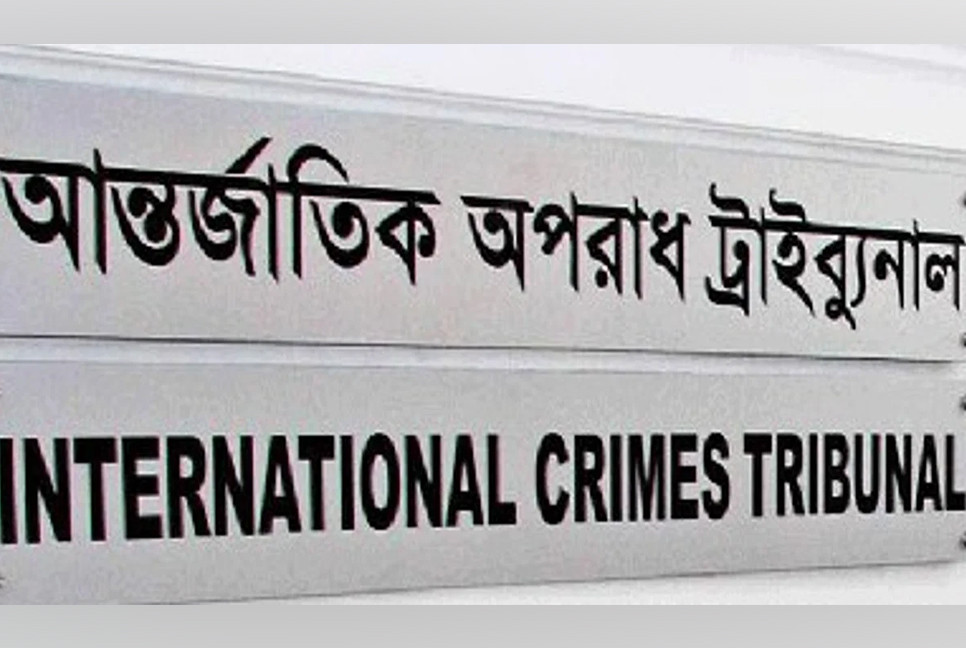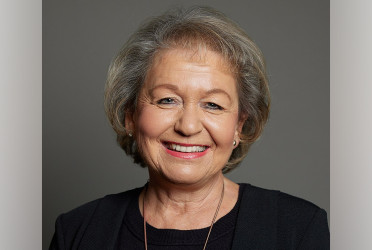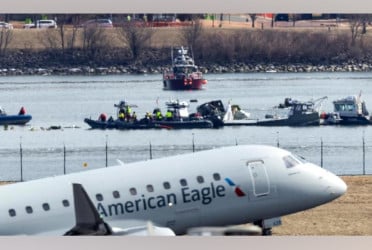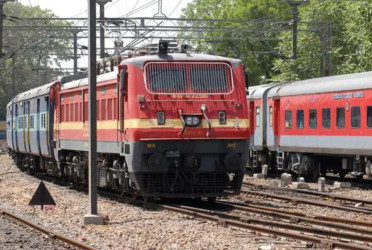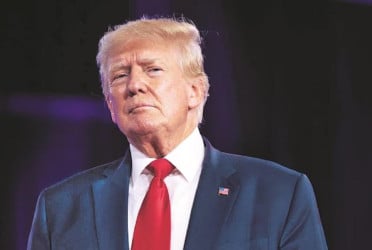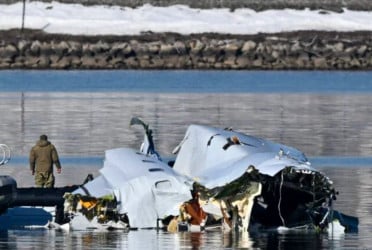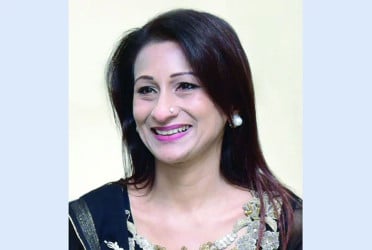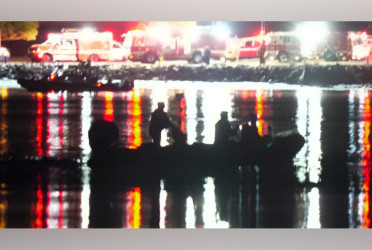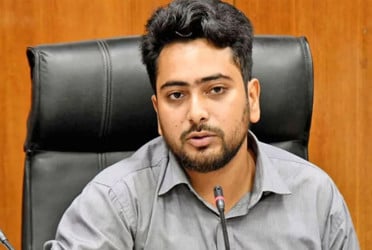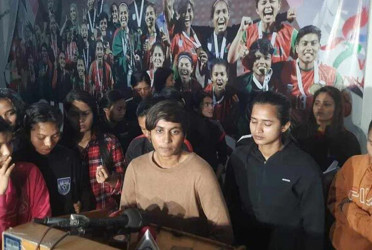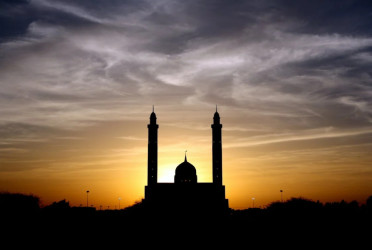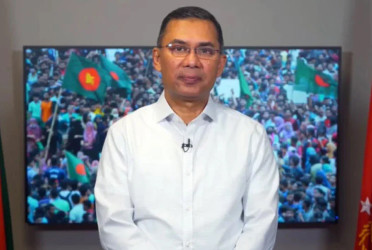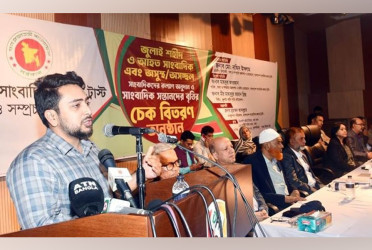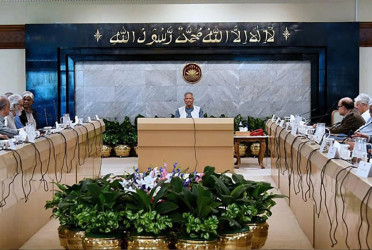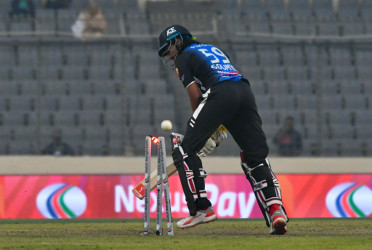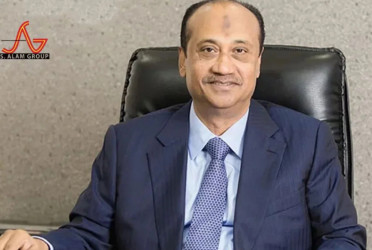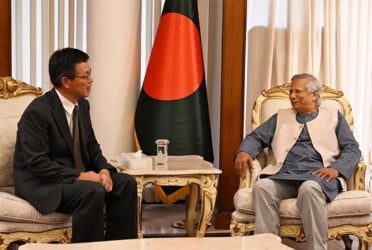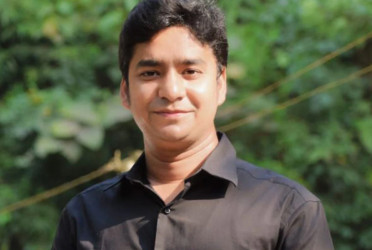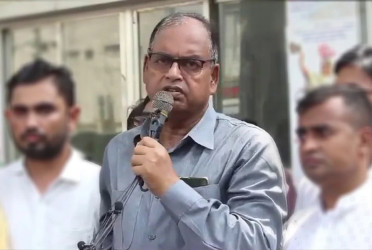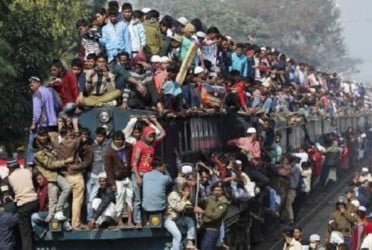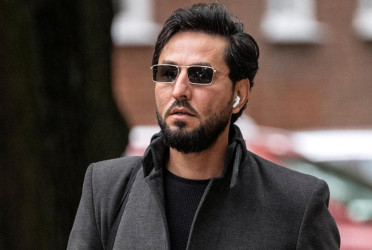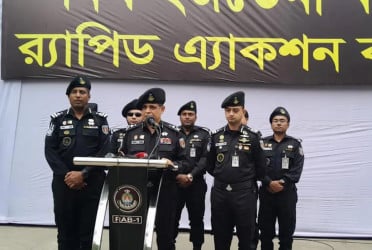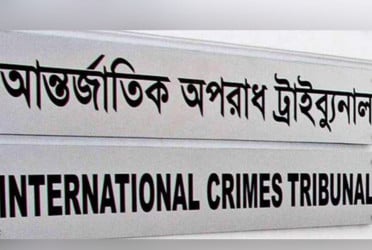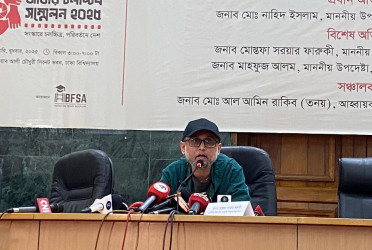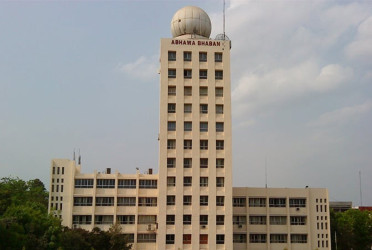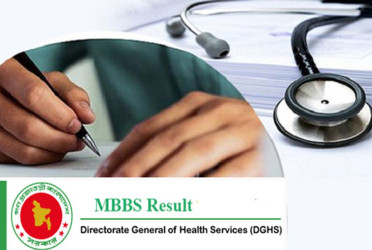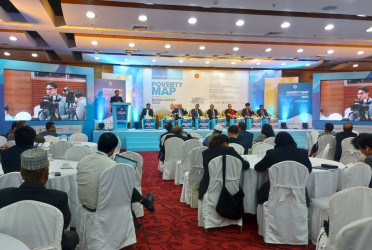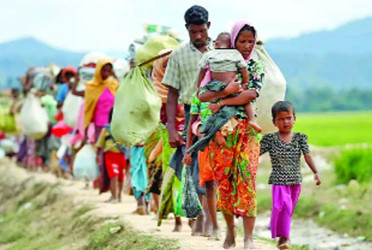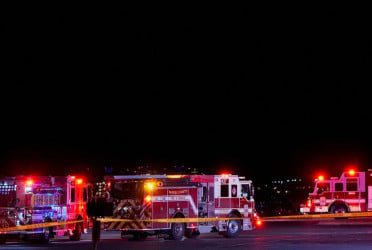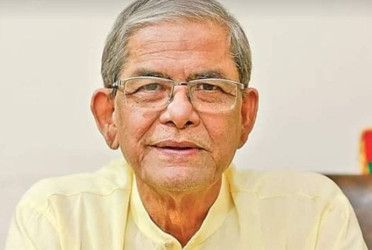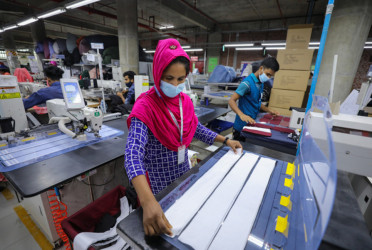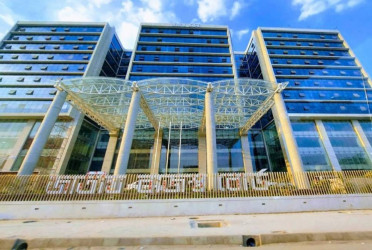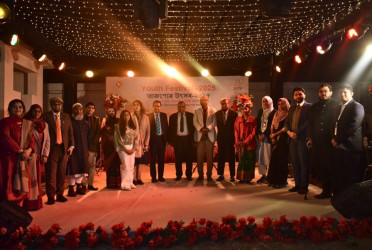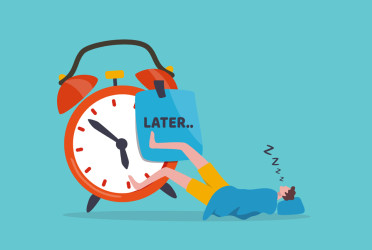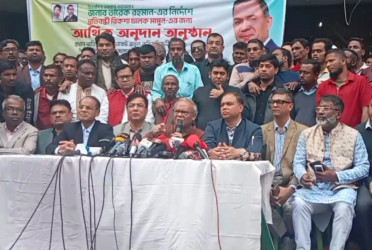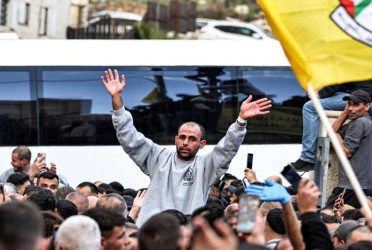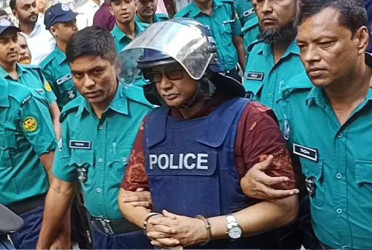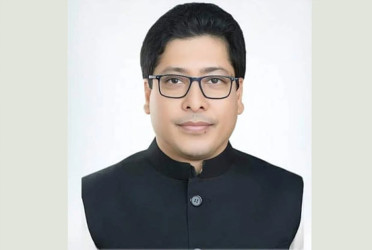Although various efforts have been made in recent years to enforce discipline on the capital's roads, there has been little progress. Passengers are carelessly getting on and off vehicles in the middle of the road, and reckless overtaking is causing fatalities. Reckless three-wheeled autos are operating without complying with any rules. Besides, CNG-powered auto-rickshaws and battery-operated rickshaws from the districts have entered the capital. Urban experts blame the lack of coordination between the police administration, City Corporation, and other relevant service-providing institutions for these issues.
Traffic rules are being ignored on various roads in the capital. At several locations, including Bijoy Sarani, Farmgate, Badda, Rampura, Banglamotor, Moghbazar, Kakrail, and Kuril Bishwaroad, numerous vehicles are seen violating traffic signals. Public buses, battery-operated rickshaws, regular rickshaws, and small vehicles are standing in an uncontrolled order, blocking entry points. Buses, trucks, and private cars are parked in different places on the main road and construction work of road is ongoing at several locations. Even though bus stops with shelters are marked in City Corporation areas, people are not following the rules.
The Bangladesh Road Transport Authority reported that 42,378 buses and 20,893 CNG-powered auto-rickshaws are operating in the capital, with these two types of transportation being the main options for commuting. Some people are using motorcycle ride-sharing services. However, neither buses nor CNG-powered auto-rickshaws adhere to traffic rules on the capital's roads.The CNG-powered auto-rickshaw is another major cause of traffic rule violations, with various complaints against it, including overcharging and other concerns.
It is reported that the number of illegal auto-rickshaws in the capital is double that of the legal ones. Moreover, around 25,000 illegal CNG-powered vehicles are operating in the city. Of these, 5,000 to 7,000 CNGs are from Dhaka district, 5,000 to 7,000 white private vehicles, and 12,000 CNGs from nearby districts are operating illegally in Dhaka.
Even though the police carry out operations against illegal vehicles and actions that disrupt road order, they haven't been successful. When the police file cases, the vehicles continue to roam freely on the roads. In particular, they keep running every day with just copies of the case documents. Many of these vehicles are on the road without the necessary paperwork.
Sakhawat Hossain Dulal, the general secretary of the CNG Auto-Rickshaw Workers Unity Council in Dhaka and Chittagong, said, "The number of illegal CNG auto-rickshaws is increasing. More than 25,000 illegal auto-rickshaws are operating in the capital, causing a lot of disorder on the roads. These vehicles don’t follow any rules, and many of them are old."
He added, “The white private auto-rickshaws, whose licenses have long expired, are like time bombs waiting to go off. They could cause problems at any moment. Also, battery-operated rickshaws are freely driving around the capital. This three-wheeled vehicle is reckless, dominating not only the alleys and narrow streets but also the main roads, without following any rules. These vehicles are one of the main contributors to traffic congestion.”
Experts point out that the main reasons for disorder on the capital's roads include the absence of a traffic signal system, weak enforcement of traffic laws by the police, the presence of illegal and poorly maintained vehicles, blocked footpaths, potholes, illegal parking, disorderly passenger pickups, and a lack of coordination among service providers.
Dr. Adil Mohammad Khan, President of the Bangladesh Institute of Planners and Urban Planner, stated, "While the streets in the Cantonment area are orderly, other areas of the city present a different picture. The main reason is that a group, looking to make money, is not doing what is needed to restore order on the streets."
In the past, whenever a political party was in power, they failed to solve these problems because their leaders and supporters made money from extortion on the roads. Since these leaders had influence, they could control the police. To bring order to the roads, strong political will is needed first. Following that, it is essential to have coordination between key bodies like RAJUK and the City Corporation. Road planners and transport experts should be included in any road development projects.
Bd-pratidin English/ Afia

